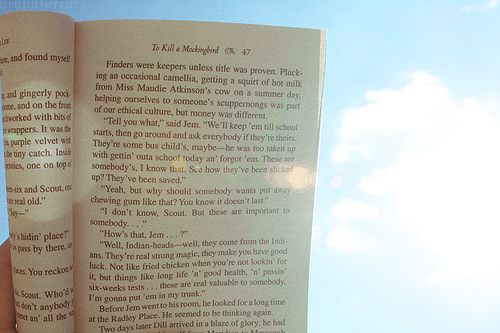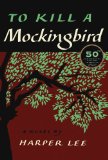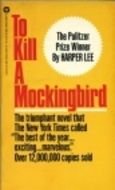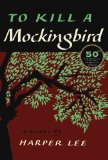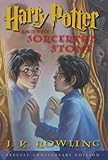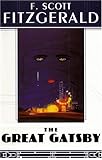The Guardian is asking for its writers to share the stories of books that ignited their passion for literature.
I have always been a reader. I can remember curling up with The Cat in the Hat even before I could really read it, just wishing I could read it on my own. I can remember turning to books as a child whenever I wanted to learn more about something—whether it was dinosaurs or ancient Egypt. I can remember going to the library and the bookstore with my mother, and I can’t remember a single time she didn’t let me buy a book from the store. She let me read what I wanted, too. I can remember curling up with Judy Blume and Beverly Cleary, Lois Duncan and Madeleine L’Engle. If I had to pick one book that ignited my own passion for literature, it would be To Kill a Mockingbird.
I read this novel in my junior year as part of my American literature course. I had read other books I loved, but this book touched me so deeply. I knew the characters. They were like my family. I cried through most of the end. I can still remember being ahead of the reading schedule for the first time. I can remember reading a required book on my own time, and more than I needed to read for an assignment. I remember looking forward to classes when Mrs. Keener let us read quietly for the period. Any time I was able to spend with that book was precious time. I have had some amazing experiences teaching it since then, too. I have read other books afterward that have touched me every bit as deeply, and perhaps even more deeply, but this book was the first. It might be the book that made me decide to teach English.
What book ignited your passion for literature?
Update, 9/24/10: Audible is getting into the act with their “First Loves.” Check it out!
photo credit: Bruna Ferrara
